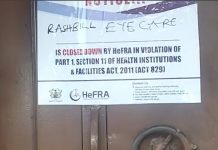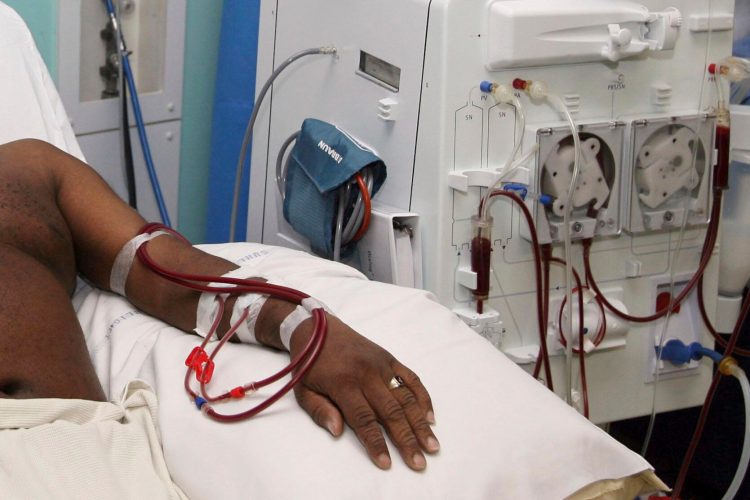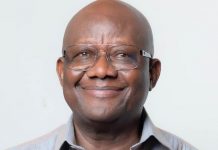Franklin Cudjoe, President of IMANI Africa, has expressed dissatisfaction with Ghana’s judicial system, criticizing its recent rulings, including the Supreme Court’s reversal of Speaker Alban Bagbin’s declaration of four parliamentary seats as vacant.

Speaking on Channel One TV’s political program The Big Issue, Cudjoe alleged that the judiciary is increasingly being used as a tool for political manipulation. He warned that such developments could undermine public confidence in the judicial system.
Cudjoe called on Chief Justice Her Ladyship Gertrude Torkornoo to take decisive steps to safeguard the judiciary’s impartiality and ensure that its future rulings reflect integrity and fairness.
“The real issue has to do with the way we do our politics in this part of our world. Frankly speaking, my reading of the judiciary, unfortunately, in this particular case and a few of the cases, they have become like a playground for politicians.
“I think it’s a disappointment, I hope that they will redeem themselves quickly and the Chief Justice should put her house in order. Frankly speaking, it is not right to have almost 70% of the populace of the country say you are biased. It is not fair. It’s not pretty at all, and I think I’m part of that 70%. Maybe I’m on top of the 70% right now.”
On Tuesday, November 12, the Supreme Court nullified Speaker of Parliament Alban Bagbin’s decision to declare four parliamentary seats vacant, siding with a legal challenge by Majority Leader Alexander Afenyo-Markin.
In a detailed ruling delivered on Thursday, November 14, five justices upheld the Majority Leader’s case, asserting that a parliamentary seat can only be declared vacant if a lawmaker switches political parties while retaining their position in Parliament.
The judgment also clarified that the Speaker’s decision would not take effect during the current parliamentary term.
However, two justices dissented, arguing that the Supreme Court lacked jurisdiction to adjudicate the case. Their dissent highlights differing interpretations of the Court’s authority on such matters.























































![[FREE FREE MONEY] Predict and Win a Guaranteed GH¢200 From Us EVERY WEEK](https://wordpress.ghanatalksradio.com/wp-content/uploads/2022/02/Predict-and-Win-Final-09-03-2021-218x150.jpg)
![[Predict & Win – 8th/Oct.] WIN A Guaranteed ¢200 From Us This Week](https://wordpress.ghanatalksradio.com/wp-content/uploads/2021/10/maxresdefault-16-218x150.jpg)
![[Predict & Win – 2nd] WIN A Guaranteed ¢200 From Us This Week](https://wordpress.ghanatalksradio.com/wp-content/uploads/2021/09/maxresdefault-50-218x150.jpg)
![[Predict & Win – 25th] WIN A Guaranteed ¢200 From Us This Week](https://wordpress.ghanatalksradio.com/wp-content/uploads/2021/09/maxresdefault-36-218x150.jpg)
![[Predict & Win – 18th] WIN A Guaranteed ¢200 From Us This Week](https://wordpress.ghanatalksradio.com/wp-content/uploads/2021/09/maxresdefault-23-218x150.jpg)








![[National cathedral] See full list of churches that have contributed since 2018](https://wordpress.ghanatalksradio.com/wp-content/uploads/2020/09/Ghana-National-Cathedral-GhanaTalksRadio-100x70.jpg)



